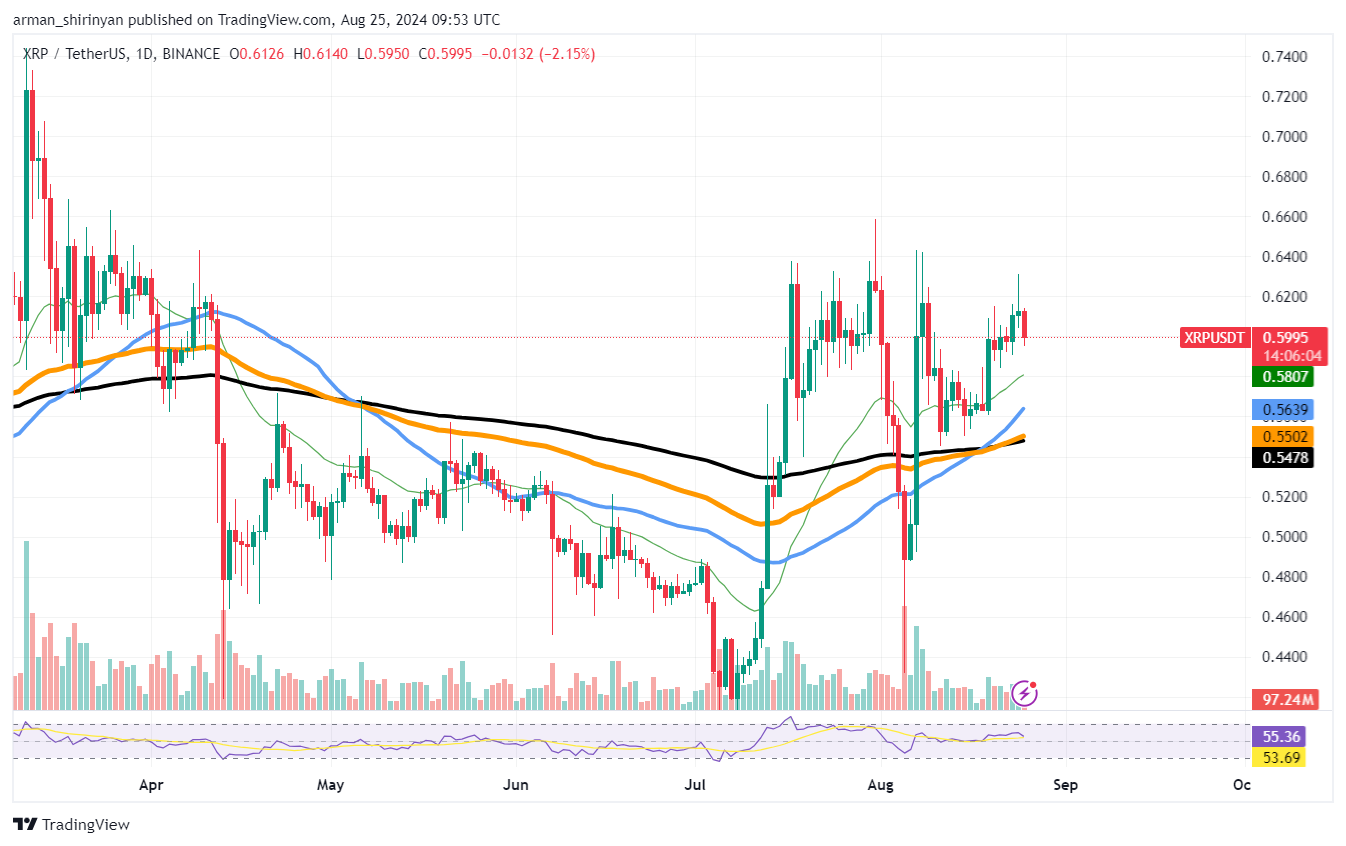Indian authorities are actively working to bring all cryptocurrency exchanges operating in India under stringent Anti-Money Laundering (AML) and Countering Financing of Terrorism (CFT) guidelines to enhance compliance and oversight in the burgeoning digital asset market.
The Indian government’s Financial Intelligence Unit (FIU) has recently granted Binance and KuCoin, two major offshore cryptocurrency exchanges, the status of Virtual Asset Service Providers (VASPs) in India.
The latest move comes as part of a broader effort to ensure compliance within the virtual asset sector under the Prevention of Money Laundering Act (PMLA).
KuCoin has resolved previous non-compliances with a penalty payment of INR 41 lakhs (approximately $41,000), following which the ban on its websites in India has been lifted. On the other hand, Binance is in the process of settling its liabilities and is expected to pay a $2 million fine, according to sources cited by The Economic Times.
Both exchanges are now registered under FIU-IND, which operates under the Indian Ministry of Finance. This registration aligns with the FIU’s mandate to oversee the trading of virtual digital assets (VDAs) in the country, which now includes 47 entities.
As part of its commitment to fostering a compliant virtual asset environment, the Bharat Web3 Association (BWA), India’s premier web3 industry body, recently conducted a capacity-building and training workshop for Virtual Asset Service Providers (VASPs). The event was designed to educate about compliance responsibilities and gather insights on challenges faced by VDAs.
Shri Vivek Aggarwal, Director of FIU-IND, outlined the importance of adherence to the Anti Money Laundering and Countering Financing of Terrorism (AML/CFT) guidelines.
“Compliance with the Anti Money Laundering / Countering the Financing of Terrorism (AML/CFT) framework under the PMLA for VDA SPs serving Indian users, regardless of their domicile,” Aggarwal stated. He further highlighted that compliance obligations are based on activities by the VDAs rather than their physical presence in India.
The workshop featured participation from prominent industry players, including CoinDCX, WazirX, and KuCoin, which was notably the first international entity to register. Sessions focused on the dos and don’ts of VASPs and risk-based assessment strategies.
Dilip Chenoy, chairman of the Bharat web3 Association, provided insights on the implications of these regulatory measures.
” While compliance does incur costs, the expenses associated with non-compliance can be significantly higher. Adhering to AML and CFT protocols is essential, as mandated by all Standard Setting Bodies (SSBs), and does not hinder innovation,” Chenoy told crypto.news.
The chairman also touched upon the challenges from burdensome tax regulations and issues with ease of doing business (EODB), which are prompting startups to relocate from the country.
“Our involvement in the FIU-INDIA Initiative for Partnership in AML/CFT (FPAC) and the Alliance of Reporting Entities in India for AML/CFT (ARIFAC) has enhanced our dialogue and cooperative efforts with other reporting entities, including banks and financial institutions,” Chenoy added.
You might also like: Binance eyes return to India as an FIU-compliant platform
He concluded that the cooperation includes participating in workshops and joining specialized working groups such as the FIU-led Working Group on Terror Funding (FWG-STF), which has greatly improved the detection and reporting of suspicious activities within the sector.
The sessions were led by prominent figures in the Indian crypto compliance sector, including Rohan Bhandari of CoinDCX, who spoke on PMLA Compliance for VASPs, and Mr. Muthuswamy Iyer from WazirX.
India has been identified by a Chainalysis report as one of the fastest-growing cryptocurrency economies globally, boasting the highest adoption rate as of 2023. Binance’s return positions it as the second FIU-compliant foreign cryptocurrency exchange to enter this burgeoning market, closely following KuCoin.
Before its ban in January, Binance was responsible for over 90% of India’s cryptocurrency trading volume. The platform’s popularity surged as traders sought to circumvent the tax measures enforced by the Indian government.
Global cryptocurrency exchanges not registered in India were reportedly causing INR 3000 crores (approx. USD 361.45 million) in tax leakage annually. This was one of the key motivators for the FIU to ban unregistered foreign exchanges in the nation.
As part of the FIU registration, Binance will now be bound to the same rules as the local cryptocurrency exchanges. This includes a 1% tax deduction at source (TDS), which has already been implemented by KuCoin along with the Indian crypto exchanges.
Read more: Indian crime officials being probed in major Bitcoin scam







